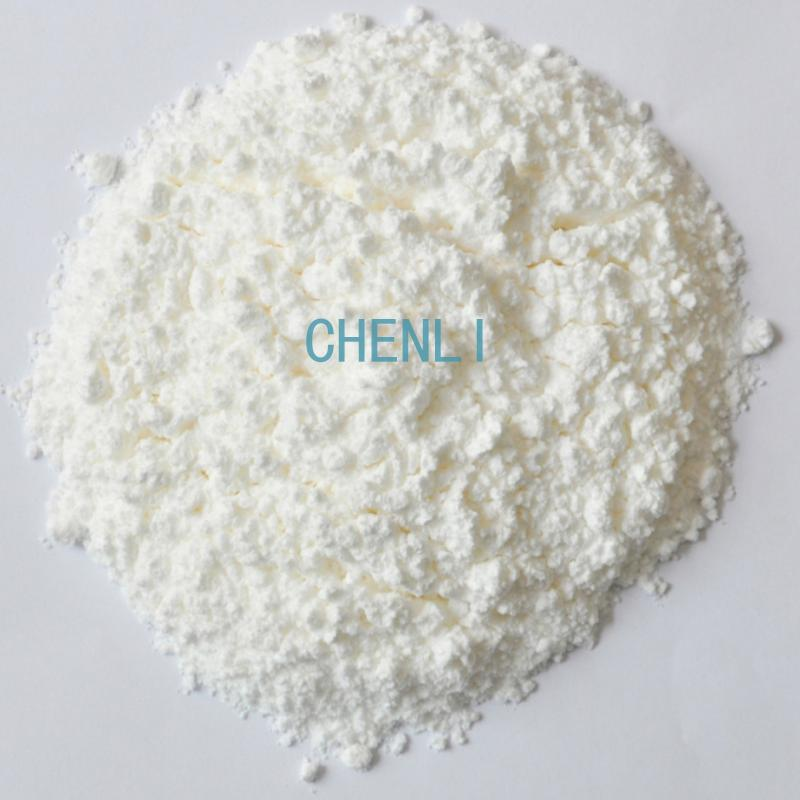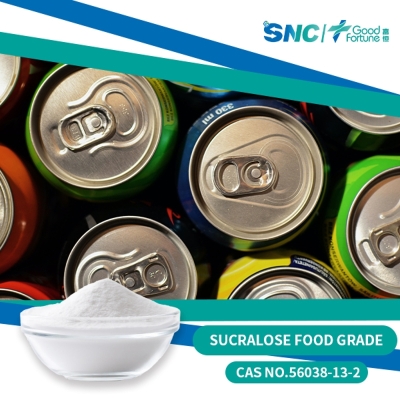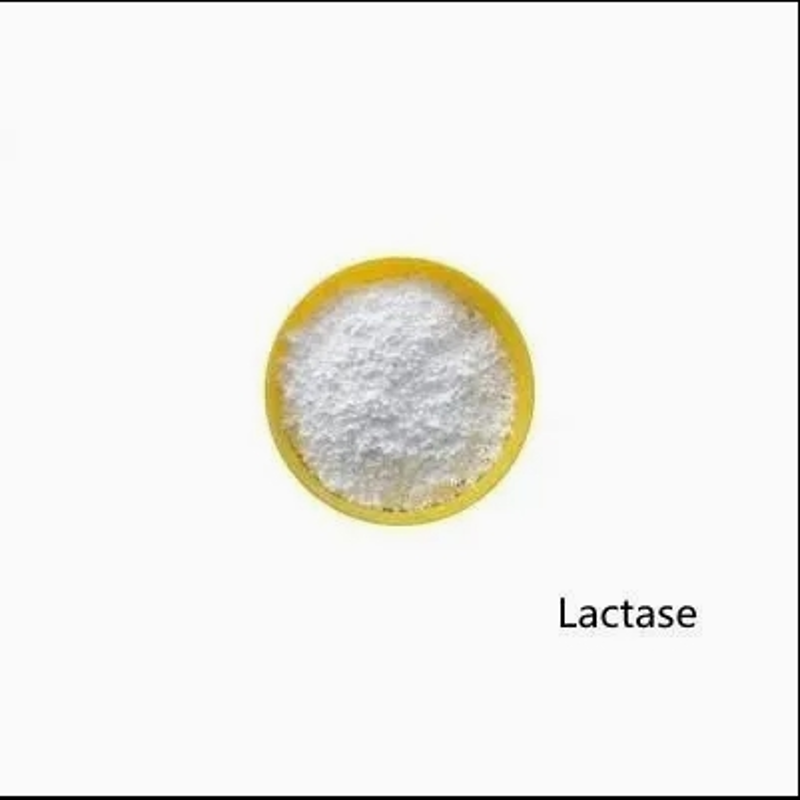-
Categories
-
Pharmaceutical Intermediates
-
Active Pharmaceutical Ingredients
-
Food Additives
- Industrial Coatings
- Agrochemicals
- Dyes and Pigments
- Surfactant
- Flavors and Fragrances
- Chemical Reagents
- Catalyst and Auxiliary
- Natural Products
- Inorganic Chemistry
-
Organic Chemistry
-
Biochemical Engineering
- Analytical Chemistry
-
Cosmetic Ingredient
- Water Treatment Chemical
-
Pharmaceutical Intermediates
Promotion
ECHEMI Mall
Wholesale
Weekly Price
Exhibition
News
-
Trade Service
A study published in mid-to-late July in the journal The American Academy of Clinical Nutrition claims that drinks containing artificial sweeteners can be harmful to unborn babies and increase the risk of premature birth in pregnant women who regularly drink them, Food Partners.com reported.
.S.-China Food Partners.
, according to the U.S. Food Navigation Network on August 3, the food industry has questioned the results of the study, and countered.
: Researchers from the National Serum Institute at the University of Iceland and the Harvard School of Public Health followed 59,334 women and found a link between daily drinks containing artificial sweeteners and premature birth in pregnant women.
study found that pregnant women were 38 percent more likely to be premature if they drank an average of one can of artificial sweetener a day.
drink more than 4 cans a day, the chance of preseeding increases by up to 78%.
researchers say some artificial sweeteners contain methanol, and exposure to methanol may be linked to precoctic birth.
sweeteners are widely used: they are common in food and beverage products and are used by a wide range of food companies as products that reduce sugar intake in order to provide consumers with healthy products.
2007 sweeteners were worth $1.83 billion in the global market, according toLeatherhead International.
While all sweeteners have been approved for use in the European Union and the United States and are recognized by food safety authorities, recent Internet forums, news reports and some scientific literature - including new research in the American Journal of Clinical Nutrition - continue to drive public skepticism about sweeteners.
from the Industry Response Calorie Control Committee, the international association for the low-calorie and low-fat food and beverage industry, said the study challenges the authority of the scientific literature and provides misleading conclusions for consumers.
"This study may cause excessive panic among pregnant women," said Beth Hurbrich of the Calorie Control Council.
major medical groups support the use of low-calorie sweeteners during pregnancy.
In addition, low-calorie sweeteners can help pregnant women enjoy sweetness without consuming too many calories, leaving plenty of room for nutritious food and beverage intake, and not gaining weight as a result - which has proven to be harmful to mothers and fetuses.
," she added.
statements were reiterated by the International Sweeteners Association, which represents manufacturers and users of low-calorie sweeteners.
All low-calorie sweeteners previously authorized for use in food and beverages must be assessed within a safe range by an independent committee of national and international scientific experts," the association said.
many factors increase the risk of precocm birth: smoking, anemia, diabetes, malnutrition, stress, depression, etc.
also include overweight and obesity.
" this report compiled by the food partner network, only for the food industry related people's reference, we did not translate the full text of this article, the details please see the original report.
original address: Original report: Industry challenges 'society' fiestedener-premature birth study by Stephen Daniells, 03-2010A study linking with
seeddings of people's sweetenedd beverages to an increased risk of preterm births has been been made by dismissed by the sweetener industry as 'society' and 'not plausible' scientific. According to to to findings published in the American Journal of Clinical Nutrition, Danish women who consumed at least four services of the people sweetened carbonated soft drinks per day were at at a 78 per cent higher risk of preterm birth than women who did not consume any soft drinks. Researchers from Statens Serum Institut in Copenhagen, the University of Iceland, and Harvard School of Public Health analysed data from 59,334 women's contenting in the Danish National Cohort. Drinking only one gives a feed of peoplely sweetened carbonate soft drinks per day was associated with a 38 per cent increase in the risk of premature birth. No associations were observed for sugar-sweeteneds." Our findings suggest that the daily intake of the people sweetened soft drinks may be associated with an increased risk of preterm delivery," wrote the researchers. "The relative consistency of our findings for carbonated and noncarbonated soft drinks and the other of the of the an association for sugar-sweetened soft drinks suggest that content of the people sweeteners be may the causal factor. The researchers stress, however, that their study is first to report this association and their findings needs to be replicated "in another test setting" in order to confirm or reject the current results. Wide useThe use of sweeteners in food and products is widespread and has gathered yet pace more as food firms seek to deliver healthier products, with less sugar, to consumers. According to to Leatherhead International, the global market for sweeteners was worth US$1.83bn in 2007.Although all the sweeteners used in the EU and US had been approved and areed safe by the food safety authorities, internet forums, newspapers and some scientific literature - including new AJCN study - to promote. Industry responseThe Calorie Control Council, an international association deting the low-calorie and reduced-fat food food and industryy, said the study challenged "the weight of the scientific literature and the provides and thes of the ingies." This study may unduly alarm women women," said Beth Hubrich, a dietitian with the Calorie Control Council. "While this study is counter to the weight of the scientific evidence showing that low-calorie sweeteners are safe for use in pregnancy, research has shown that overweight and obesity can negatively affect pregnancy outcomes." Leading health groups support the use of low-sweeteners in pregnancy. Further, low-calorie sweeteners can help women enjoy the taste of sweets without without excess calories, leavinginging room for nutritius foods and beverages without excess weight gain - something that has been shown to be harmful to both and mother developing baby," she added. These statements were echoed by the International Sweeteners Association, an organisationald products and users of low-calorie sweeteners. "Before being authorized for use in food and drinks, all low-calorie sweeteners must must a range of safety evaluations by independent national and international scientific experts," said the association. "These evaluations take into account potentially sensitive groups such as as women, infants and children." There are many factors that increase the risk of premature births, such as smoking, diabetes, poor nutrition, anaemia, stress, depression







